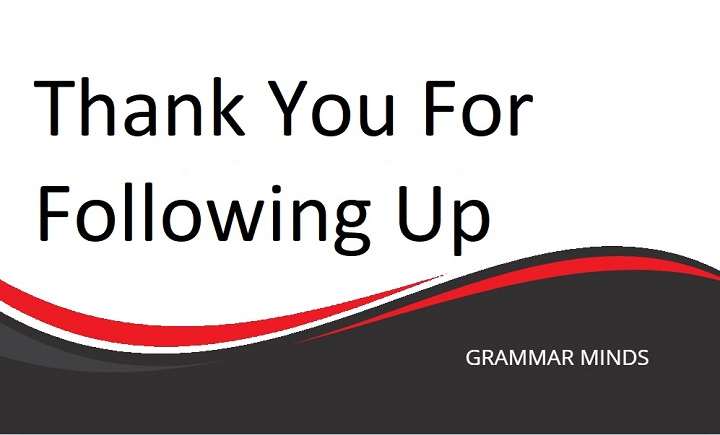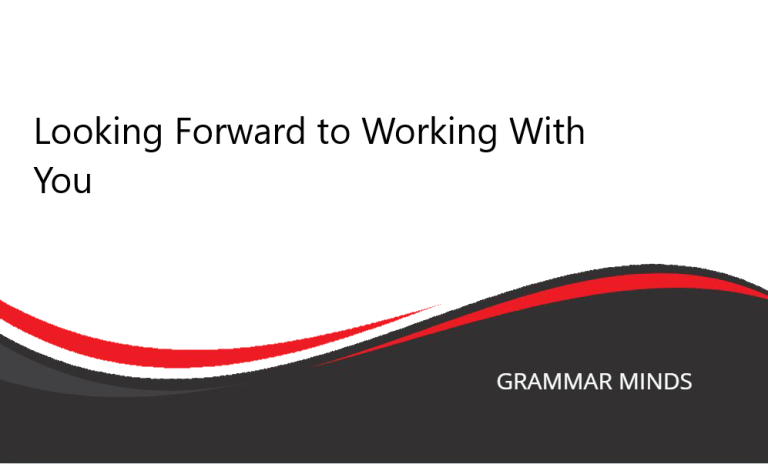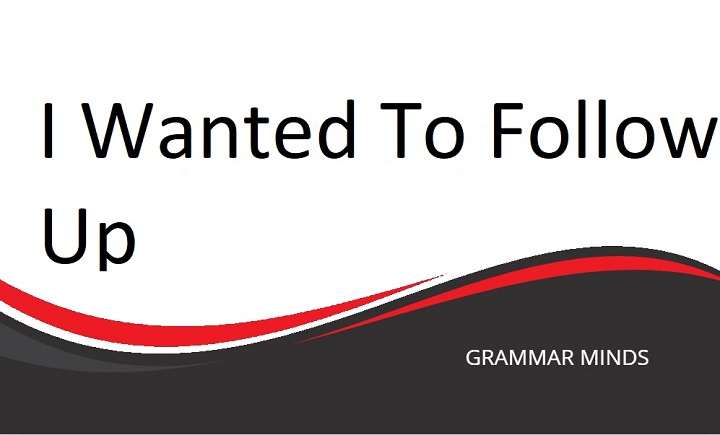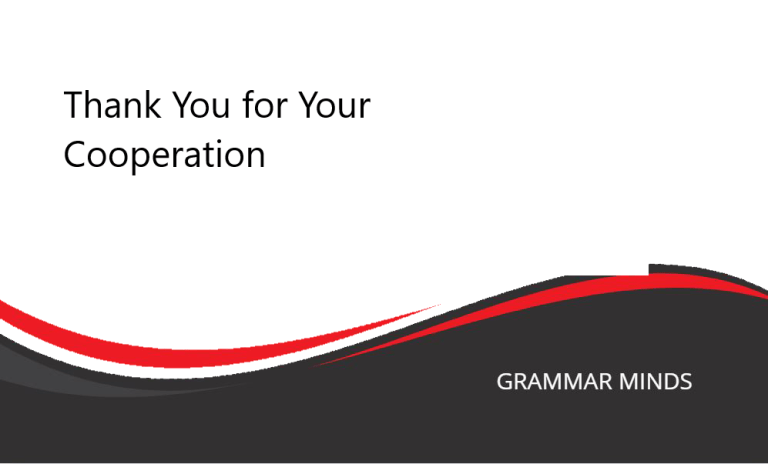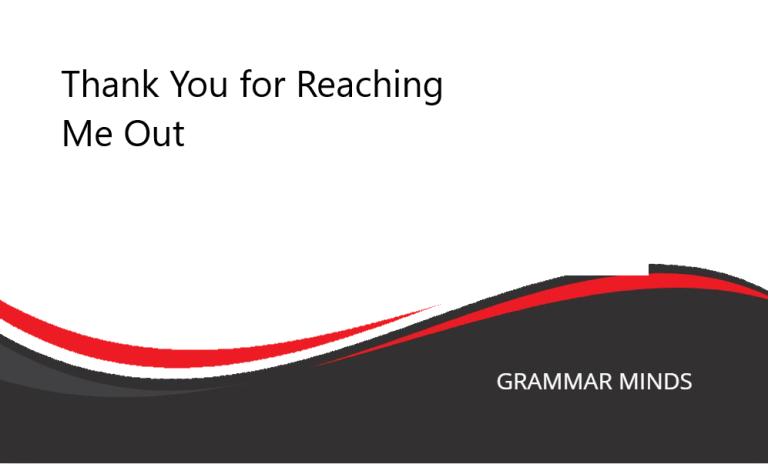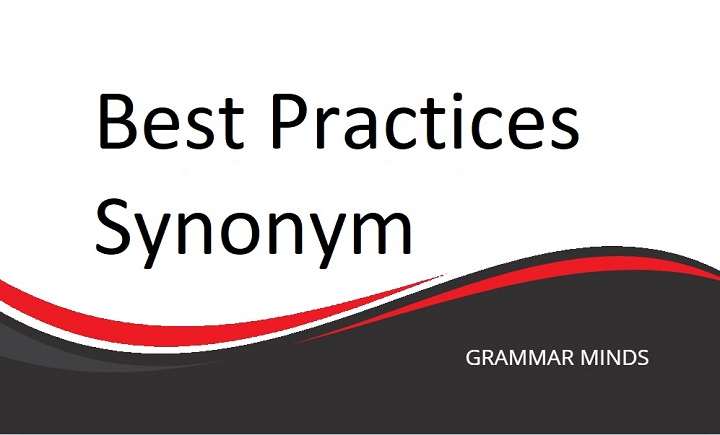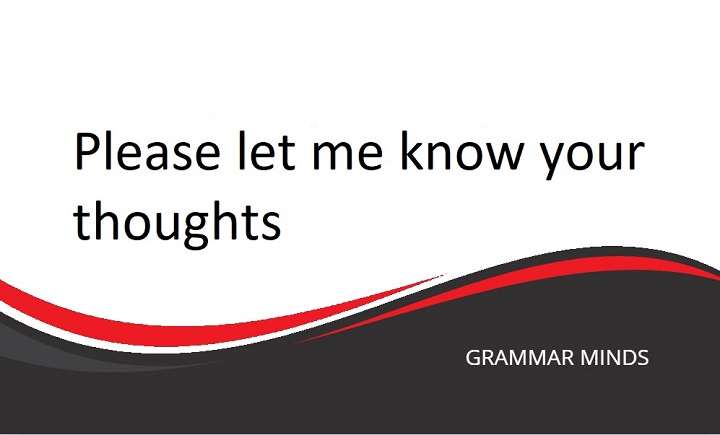Do you find yourself using the phrase “Thank you for following up” repeatedly? In professional communication, especially via email or business correspondence, this phrase often becomes a go-to response to show appreciation for someone’s effort in checking back on an issue or query. However, using the same expression over and over again can make your communication sound monotonous or lackluster. If you’ve grown tired of this repetitive expression and want to add variety to your conversations—both formal and informal—you’re in the right place!
This article will offer alternative phrases to help you convey the same sentiment of appreciation while keeping your communication fresh, polished, and engaging. Below is a handy list of alternatives to “Thank you for following up” that you can use in different settings.
Other Ways to Say “Thank You for Following Up”
I Appreciate Your Follow-Up
Usage: A versatile alternative suitable for both formal and informal situations, “I appreciate your follow-up” sounds thoughtful and professional.
Example (in an email):
“Dear Sarah,
Thank you for your recent email regarding the project updates. I appreciate your follow-up and will get back to you shortly with the required details.
Best regards,
John”
Thanks for Checking In
Usage: A casual and friendly alternative that works well for informal conversations with colleagues or friends.
Example (in a conversation):
“Hey Mike,
Thanks for checking in on the project progress. I’ll have the final report ready by Friday.
Cheers,
Jane”
I’m Grateful for Your Persistence
Usage: A formal option that highlights the other person’s persistence in making sure everything is on track. This can be especially useful when the follow-up required extra effort.
Example (in an email):
“Dear Mr. Harrison,
I’m grateful for your persistence in ensuring that the documents were submitted on time. Your attention to detail is greatly appreciated.
Sincerely,
Emily”
Thanks for Circling Back
Usage: A semi-casual phrase that works well in business environments when someone is following up on an earlier conversation or email thread.
Example (in an email):
“Hi Lisa,
Thanks for circling back on the proposal. I’ll review the latest draft and provide feedback by tomorrow.
Best,
Tom”
Appreciate the Reminder
Usage: An informal and straightforward phrase, ideal for situations where the follow-up serves as a reminder for something important.
Example (in a text message):
“Hey Kelly,
Appreciate the reminder about the meeting tomorrow. See you there!
Thanks,
Sam”
Thank You for Keeping Me in the Loop
Usage: This phrase is useful for more professional conversations and works well in team settings or project management discussions.
Example (in a meeting):
“Thank you for keeping me in the loop on the recent client developments. I’ll make sure to update the team accordingly.”
I Value Your Follow-Up
Usage: A more formal alternative that shows appreciation in a respectful and professional tone, often ideal for business correspondence.
Example (in an email):
“Dear Mr. Thompson,
I value your follow-up regarding the contract negotiation terms. Your attention to detail is essential, and I’ll review everything as soon as possible.
Best regards,
Laura”
Thanks for Touching Base
Usage: A casual and light phrase that works well when you want to acknowledge someone checking in without sounding overly formal.
Example (in a conversation):
“Hey John,
Thanks for touching base about the upcoming presentation. I’m confident we’re on track.
Talk soon,
Anna”
Appreciate Your Follow-Through
Usage: This phrase highlights the fact that the person followed up and saw the task through, which can be motivating and appreciative in professional contexts.
Example (in an email):
“Dear Emily,
I truly appreciate your follow-through on this project. Your commitment does not go unnoticed, and I’m looking forward to the final delivery.
Best,
Mark”
I’m Grateful You Took the Time to Follow Up
Usage: A more personalized and heartfelt option, ideal for scenarios where the follow-up took extra time or effort on the part of the other person.
Example (in an email):
“Dear Mr. Brown,
I’m grateful you took the time to follow up on this matter. Your diligence has helped clarify the situation, and I’m confident we can resolve it soon.
Thank you,
Susan”
Key Notes
“Thank you for following up” is grammatically correct and suitable for both formal and informal situations. However, it can sometimes feel a bit basic or overused, especially in professional environments where communication needs to sound engaging and dynamic.
- You can use “I Appreciate Your Follow-Up” for formal situations, especially in emails or business meetings. It is respectful and shows a high level of professionalism.
- “Thanks for Checking In” is a great informal alternative for situations with friends or close colleagues where the conversation can be more relaxed.
Keep reading to discover how to use these alternatives in various contexts and see real-life examples that demonstrate how they can be applied effectively.
Using Alternatives to “Thank You for Following Up” in Different Situations
Formal Business Emails
In a professional setting, maintaining a polished and respectful tone is essential. For example:
“Dear Ms. Parker,
I truly appreciate your follow-up on the project documentation. Your thoroughness ensures that we meet all the deadlines on time.
Best regards,
Robert”
In this instance, “I truly appreciate your follow-up” adds a more refined tone while maintaining professionalism.
Informal Conversations with Friends or Family
When chatting with friends or family, it’s better to keep things light and friendly. For example:
“Hey Chris,
Thanks for touching base about the weekend plans. I’m looking forward to it!
Catch you soon,
Emily”
“Thanks for touching base” fits well in this informal, casual tone.
Workplace Collaboration
In a workplace environment, particularly in team projects, acknowledging follow-ups while keeping things casual but respectful is important. For example:
“Hey team,
Thanks for circling back on the client proposal. We’re almost ready for submission!
Best,
Sarah”
“Thanks for circling back” keeps the tone semi-professional while acknowledging the team’s effort.
Is It Correct to Say “Thank You for Following Up”?
Yes! “Thank you for following up” is grammatically correct and suitable for both formal and informal settings. It’s a versatile phrase that can be used in professional emails, conversations with colleagues, or even casual chats with friends.
That being said, using synonyms like the ones we’ve listed above will help you mix up your language and sound more varied in your communication.
You can also try slight variations of this phrase, like the following:
- “Thanks for following through”
- “I’m grateful for the follow-up”
- “I appreciate you keeping me updated”
These subtle adjustments can add personality to your language while maintaining the original message.
Also Read
10 Ways to Say “Thank You for Your Cooperation” in Professional and Personal Communication
In conclusion, “Thank you for following up” is a perfectly acceptable and grammatically correct phrase, whether you’re using it in a formal or informal setting. However, the alternative phrases provided in this article will help you diversify your vocabulary and communicate more effectively in different contexts.
Whether you’re looking to elevate your formal communication or keep things casual, these alternatives will ensure your conversations remain fresh and engaging. So the next time you find yourself typing “Thank you for following up,” consider using one of these suggestions to add a personal or professional touch to your message.

